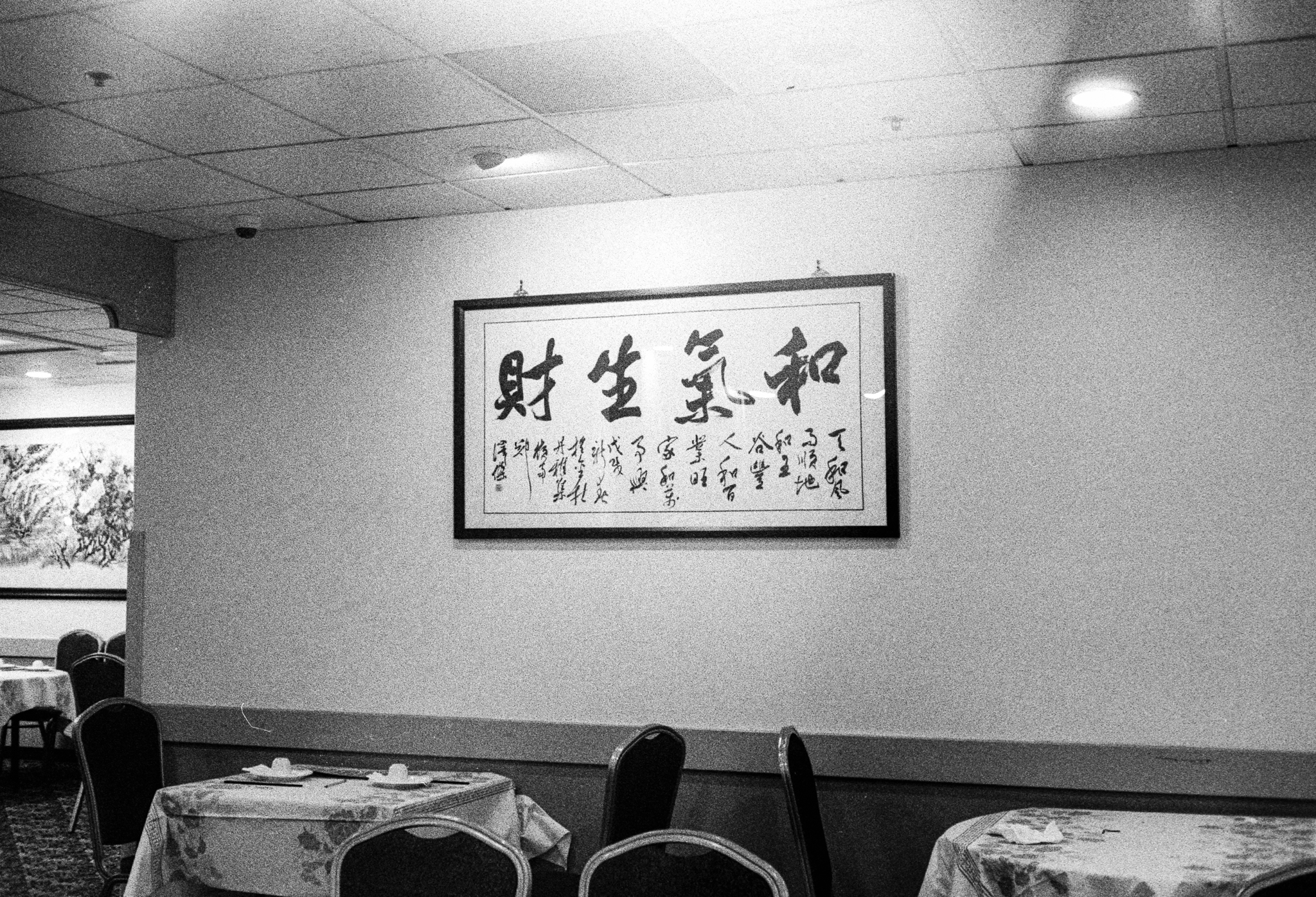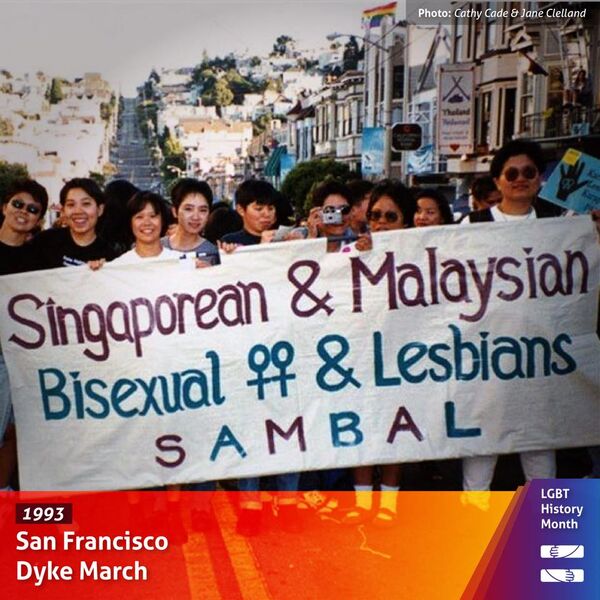Food is extremely subjective, and in Singapore it's a national pastime and passion. The following lists are based on my tastes. Other people may disagree, and you may want to do further research based on your own dietary preferences.
If you're from Singapore, resist the urge to tell me I missed your faves: I'm prioritizing picks that I think tourists will find more accessible. I don't expect anyone to travel to my corner of the woods to find the best of something.
(Or, get this list in one single Google Maps list)
Singapore Dishes you should try
#- Laksa: Sungei Road Laksa, Janggut Laksa, Wei Yi Laksa (my absolute fave laksa but the lines are.. long. I waited 60-90 min the last few times I went, and they sell out before noon. definitely one of the most 'local' and 'old school' of the bunch. This is the laksa I grew up eating), 928 Yishun Laksa
- Chicken rice: 'what's the best chicken rice' is an explosive question in Singapore. Here are my my picks: Tian Tian (Bourdain's recommendation and has a line to show for it), Ah Tai (similar to Tian Tian, with a less long line, in the same building), Sin Kee (my fave Cantonese style chicken), Tong Kee (my fave roasted style chicken rice), Feng Ji
- Chwee kueh: a Teochew breakfast delicacy made of steamed rice cakes (different from idlis, they are more.. glutinous and starchy) served with a delightful turnip / chillies relish. I like mine at Bedok Chwee Kueh @ Chinatown Complex, Jian Bo Shui Kueh, Pek Kio Chwee Kueh. This is one of the more unique foods that I can't really get many other places
- Congee / porridge. Many, many styles of congee in Singapore. I like Zhen Zhen, Weng Kiang Kee, Ah Chiang, Imperial Treasure
- Nasi lemak (sometimes halal, sometimes not, depending on the stall you go to): Nasi Lemak Ayam Taliwang, Uptown (for Malaysian style nasi lemak, which I love), Dickson Nasi Lemak (take-away only), Mama Lemak, Pak Mandor, Owen Road Nasi Lemak
- Har jeong gai (fermented shrimp paste coated batter) and other distinct styles of fried chicken wings: Ah Tan Wings, Eng Kee, Ban Leong Wah Hoe, No 5 Emerald Hill (go here if you want booze in a bar in a hidden away spot behind busy Orchard Road, with gorgeous old world architecture. The wings are great. The drinks are middling (just have a bottled beer or something), there are better bars in Singapore but it's a unique spot for chicken wings, bottled beer and beautiful historic architecture
- A large 'zichar' meal. If you're familiar with the 'dai pai dong' in Hong Kong, zichar is the Singapore equivalent. I always like Kok Sen, JB Ah Meng (hot take: skip the chilli crabs that tourist blogs / videos tell you to go to, and come here instead. Get the white pepper crab, 'san lou' beehoon. It's cheaper and better), Wok Master, Maddie's Kitchen (where I always eat if I'm in the Orchard area), Zhenyi for vegetarian option. Every residential neighborhood will have its own good zichar but I think this list of spots will give you a good introduction to it
- Soy sauce chicken (hot take: skip the 'cheapest Michelin meal in the world' (very middling after their Michelin star expansion) and go to a better stall, Ma Li Ya chicken or Fragrant Soy Sauce chicken
- Indian rojak (rojak means 'mixed'. Kind of like a salad, but most things are fried and very tasty): Siraj, Habib's, Haji Johan
- Fishball noodles or minced pork noodles (very similar: dry noodles with soup on the side. Fishball noodles come with... fishballs. Minced pork noodles come with.. minced pork. Sometimes the lines are blurred): Soon Wah, Hock Lee, Ah Ter, Ah Huat Minced Meat Noodles, Liang Seng
- Char siu and other Chinese rotisserie: Roast Paradise, 88 Hong Kong, Fook Kin), Foong Kee
- Curry debal and other Eurasian food: Quentin's
- Henghwa food: Ming Chung, Xing Hua Family Restaurant (there's a chain called Pu Tian that you'll see in malls all over, it is pretty decent if you've never had this food, but these spots are better). Heng Hwa / Xing Hua food is food from Fujian, but coastal, and therefore a lot of seafood. I really like it and think it's one of the more unique cuisines you can get here
- Lor mee: Keng Heng Whampoa Lor Mee, 86 卤面 Lor Mee, Feng Zhen Lor Mee
- Braised duck rice and duck noodles or goose rice and noodles: Jin Ji, Tong Kee, Chuan Kee, Sean Kee
- Prawn noodles: River South Hoe Nam,Don Don Prawn Noodles, 545 Whampoa Prawn Noodles
- Yong tau foo: Xiu Ji, Yong Xiang
- Hainanese curry rice: Beo Crescent Curry Rice, Loo's Hainanese Curry Rice
- Mee rebus (halal): Afandi Hawa
- Mee soto (halal): HJ Waliti HJ Mazuki
- Mamak food especially mee goreng: Hajjah Jamillah Rajmohamed Muslim Food, Hassbawa, Kassim Stall
- Singapore-style Hokkien mee. Different from KL Hokkien mee. Singapore Hokkien mee is 'white' and not 'black'. also uses copious amounts of pork lard, but it's more 'broth'-based rather than 'dried' (although it isn't a soup). Hard to describe, but I love this stuff: Blue Star, Hong Heng, You Fu, Prince of Hokkien Mee
- Wanton Noodles: Ji Ji, Bei-Ing, Wei Min, Eng's, Ah Wing's
- Roti prata (halal): Prata Saga Sambal Berlada, Mr & Mrs Moghan, Sin Ming Roti Prata, any of the Springleaf Prata restaurants (various branches)
- Nasi Padang / Minang (halal): Putra Minang, Minang House, Pu3
- Vegan-friendly Hakka Thunder Tea rice: Hakka Thunder Tea Rice at Margaret Drive, Queen Street Thunder Tea Rice, The Thunder Tea Story, Traditional Hakka Rice
- Kaya toast and coffee: Heap Seng Leong (order the butter coffee too!), Tong Ah, Chin Mee Chin, Ah Seng (Hai Nam), YY Kafei Dian. In a pinch, Ya Kun and Killiney (all over the city) are good too but these places are more old school.
- Dimsum, like everything else, has 'street' and 'fancy' version and it's here where I truly believe that splurging for dimsum is a better experience than the 'street' version (usually made a factories. Have you seen how much work it takes to make dimsum?! Also we have some really good dimsum spots). My pick for dimsum is Peach Blossoms (call, make a booking for lunch; I believe it's on par with some of the best dimsum in HK) and Ji Xian
- Bebek goreng: if you can't make it to East Javan in Indonesia, bring East Java to you. Fried duck with lots of spices is a Surabaya / Madura specialty and one of my favorite dishes anywhere in the world. Thankfully, we have good ones in Singapore too (we also have a large Indonesian population) and my favorite is Pak Ndut.
- Really good coffee: even though I live in the land of Sightglass and Four Barrel coffee, Tiong Hoe (and coffee shops in Indonesia) is probably the coffee I miss the most
Greatest hits hawker centres to go to for generally great food
#If the list is too overwhelming, literally go to any of these hawker centres and eat anything you find interesting. If there's a line, join it. Anything called 'market and food centre' is a hawker centre with an attached wet market (no wildlife. Just good fresh produce, fish, meat. Generally pretty clean).
- Old Airport Road Food Centre (breakfast, lunch and dinner, especially good for dinner)
- Maxwell Food Centre (breakfast, lunch, dinner and supper)
- Pek Kio market (breakfast, early lunch. Many stalls here are Teochew in origin, run by very old folks, closes very early)
- Haig Road (breakfast, lunch). Best option for halal food
- Tekka Centre (breakfast, lunch and dinner). The main hawker centre in Little India. One of my faves. Lots of halal options and regional Indian, even Sri Lankan, options. Chinese food at the back. Get freshly made prata. idiyappam, appams, good prawn noodles, and lots more. Wet market at the back is spectacular and is a chef's dream. There's a stall that only sells banana leaves. Another that only sells eggs. Follow the sound of smooth jazz music in the wet market and find yourself at Chia's, an excellent vegetable shop that chefs shop at
- Chinatown Complex (breakfast, lunch, dinner). I always say that this single building has more great Chinese food than San Francisco has Chinese restaurants. There are different versions of it, and it's massive. Come in the mornings for excellent mostly Chinese breakfasts. Try one of the last remaining handmade 'sachima' shops. Late night, claypot rice, craft beer. If you love seafood, very good, very affordable seafood in this section of this hawker centre in the evenings. Too many to name, but there are dozens like this clustered together around this stall.
- Bedok 85 (good for breakfast, lunch, dinner and supper. One of the most famous eating spots in the east of the city)
- Bukit Merah View (breakfast)
- East Coast Lagoon (good for supper, and 'on the way to and from the airport' meals as it's very close to the airport). Nice outdoor hawker centre that is probably the hawker centre to go to if you want a jovial, outdoor exotic hawker centre feel, especially if you've never been to one. Most of the stalls are quite good
- Tiong Bahru market (good for breakfast and lunch). Very popular foodie-ish hawker centre.
Best spots for vegetarians and vegans
#- New Fut Kai for veg versions of things like laksa and other 'Chinese Singaporean' foods
- Whole Earth for a delightful veg version of Singaporean / Chinese / Thai / Malaysian food
- VeganBurg: Veganburg started right here! I love the vegan chilli crab burger
- Herbivore: really good Japanese veg food especially for veg yakitori
- Almost all Indian places in Little India will have vegetarian options, but especially Murugan Idli and Mavalli Tiffin Room and Gokul and Kailash Parbat
There's more I want to post on this topic, especially the great regional Indian, regional Chinese and other foods you can get in Singapore, but this is a good starter list just for food somewhat unique to Singapore (and Malaysia).

